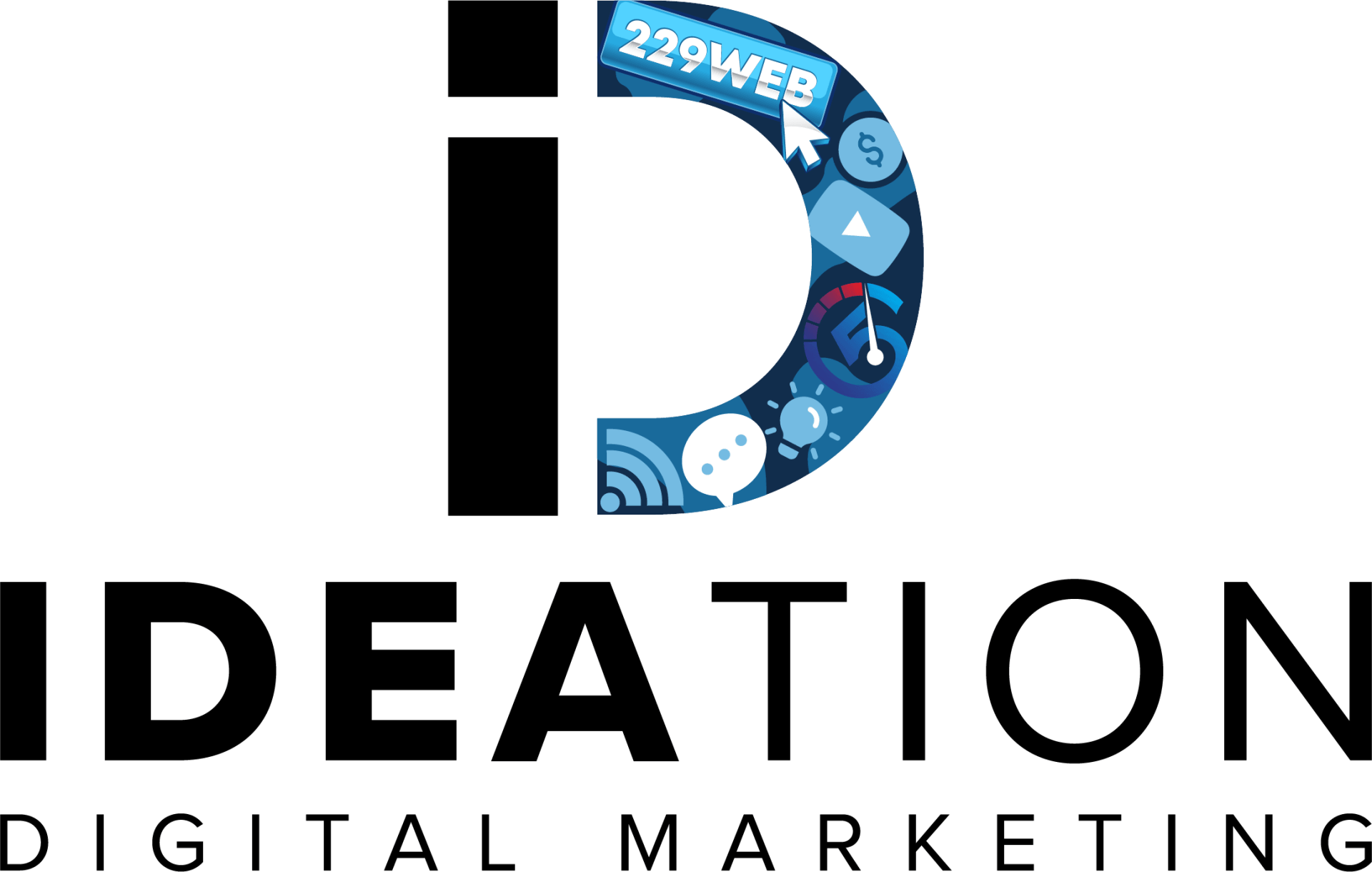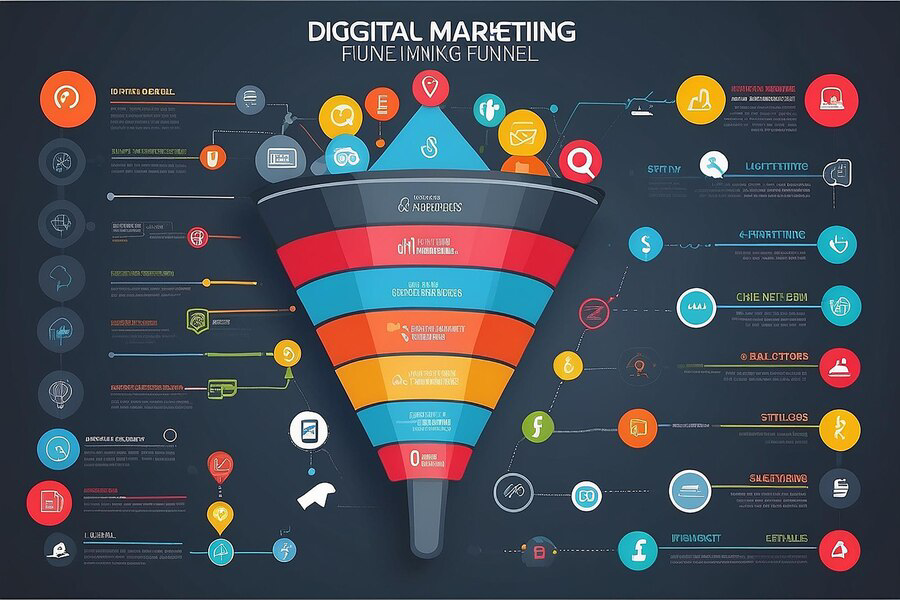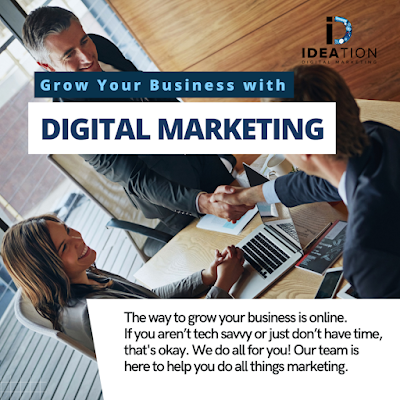222 Capitol Street, Suite 522
Charleston, WV 25301

Leveraging User-Generated Content in Social Media Marketing
In today's digital age, where social media reigns supreme as a powerful marketing platform, leveraging user-generated content (UGC) has become a strategic imperative for brands aiming to enhance their online presence and engagement. User-generated content refers to any form of content—be it photos, videos, reviews, or testimonials—that is created by consumers rather than brands themselves. Its authenticity and relatability make it a potent tool for connecting with audiences on a deeper level, fostering trust, and amplifying brand visibility. By integrating UGC into their social media strategies, businesses not only tap into a goldmine of authentic content but also benefit from the inherent social proof it provides. When consumers see their peers enthusiastically endorsing a product or service, it significantly enhances credibility and persuades others to follow suit. Moreover, UGC often sparks meaningful conversations, increases community engagement, and can even inspire new product ideas or improvements based on real-time consumer feedback. As social media continues to evolve, mastering the art of leveraging UGC is not just advantageous but essential for brands striving to stay relevant and impactful in their digital marketing efforts.
Understanding User-Generated Content (UGC)
User-Generated Content (UGC) refers to any form of content, such as text, images, videos, reviews, or discussions, created by users of a platform or system rather than its administrators or publishers. In recent years, UGC has become increasingly prevalent due to the rise of social media and collaborative online platforms. This phenomenon has had a profound impact on how businesses engage with their audiences and how individuals interact with digital media.
Definition and Scope of UGC
UGC encompasses a wide range of content generated by users across various online platforms. It includes posts on social media platforms like Facebook, Instagram, and Twitter, as well as contributions to forums, blogs, wikis, and collaborative websites. The key characteristic of UGC is that it is created voluntarily by individuals rather than being commissioned or produced by professionals.
Examples of UGC
Examples of UGC are plentiful and diverse. They include product reviews on e-commerce sites, photos and videos shared on social media platforms, blog comments, forum discussions, and collaborative content creation on platforms like Wikipedia. Each piece of UGC represents an individual's contribution to the collective content ecosystem of the internet.
Importance of UGC for Businesses
For businesses, UGC can serve as a powerful marketing tool. It provides authentic, real-life testimonials and endorsements from actual users, which can significantly influence potential customers' purchasing decisions. Moreover, UGC helps in building community around brands, fostering engagement, and providing valuable insights into customer preferences and behaviors.
Challenges and Risks Associated with UGC
While UGC offers numerous benefits, it also poses certain challenges and risks. These include issues related to content quality and relevance, concerns about privacy and copyright infringement, as well as the potential for negative or harmful content that could damage a brand's reputation. Managing these risks requires careful moderation and adherence to legal and ethical guidelines.
Legal and Ethical Considerations
From a legal standpoint, UGC raises issues concerning intellectual property rights, privacy laws, and compliance with platform-specific terms of service. Businesses and content creators must navigate these complexities to ensure that they do not inadvertently infringe upon rights or violate regulations. Ethically, it is essential to consider the impact of UGC on individuals and society, promoting responsible content creation and consumption.

Future Trends in UGC and Social Media
As we move further into the digital age, User-Generated Content (UGC) continues to evolve and play a crucial role in social media marketing strategies. Brands are constantly looking for innovative ways to harness the power of UGC to engage their audiences authentically. Understanding the upcoming trends in UGC can help marketers stay ahead of the curve and leverage these developments to enhance their social media presence and drive business growth.
Rise of Micro-Influencers
Micro-influencers, individuals with smaller but highly engaged followings on social media, are gaining prominence in UGC campaigns. Unlike mega-influencers, micro-influencers are perceived as more authentic and relatable by their followers. Brands are expected to collaborate more with micro-influencers to create genuine UGC that resonates with niche audiences.
Video Content Dominance
Video content continues to dominate social media platforms, and this trend is expected to grow. Short-form videos on platforms like TikTok and Instagram Reels are particularly popular for UGC. Brands will increasingly encourage users to create video testimonials, product reviews, and tutorials, as these formats are highly engaging and shareable.
Augmented Reality (AR) and Virtual Reality (VR)
AR and VR technologies are transforming the way users interact with content on social media. Brands are exploring AR filters and VR experiences that encourage users to create and share UGC. For example, beauty brands are using AR filters for virtual try-ons, allowing customers to create and share UGC showcasing their products in action.
Integration of AI and UGC
Artificial Intelligence (AI) is being integrated into UGC strategies to enhance content creation and personalization. AI-powered tools can analyze user data and behaviors to recommend personalized content ideas, predict trends, and optimize UGC campaigns for better engagement and conversion rates.
Interactive and Shoppable UGC
Interactive UGC formats, such as polls, quizzes, and interactive stories, are becoming popular on social media platforms. Brands can leverage these formats to encourage user participation and gather valuable insights. Moreover, shoppable UGC, where users can directly purchase products featured in UGC posts, is expected to grow, blurring the lines between content and commerce.
The Power of Authenticity: Why UGC Works
In today's digital landscape, authenticity is a prized commodity. User-Generated Content (UGC) has emerged as a potent tool for brands seeking to connect with their audience in a genuine and meaningful way. Unlike traditional marketing messages, UGC is created by users themselves, reflecting real experiences and opinions. This authenticity not only builds trust but also enhances engagement and brand loyalty.
- Trust and Relatability: Consumers trust UGC because it comes from peers rather than brands, making it more relatable and credible.
- Higher Engagement: UGC tends to generate higher engagement rates as users are more likely to interact with content created by their peers.
- Cost-Effectiveness: Leveraging UGC can be cost-effective for brands compared to producing elaborate marketing campaigns.
- Social Proof: UGC serves as powerful social proof, influencing purchasing decisions by showcasing real-world product experiences.
Conclusion
Harnessing the power of user-generated content (UGC) in social media marketing offers unparalleled opportunities for businesses like Ideation Digital Marketing to connect with their audience authentically. By incorporating customer testimonials, reviews, and user-created posts, companies can build trust, enhance brand credibility, and foster a sense of community around their products or services. This organic content not only boosts engagement but also serves as compelling social proof, influencing potential customers' purchasing decisions positively.
At Ideation Digital Marketing, we specialize in maximizing UGC's impact through strategic campaigns tailored to amplify your brand's unique voice. Whether you're looking to launch a new product or build a loyal customer base, our expert team in Charleston, WV, is dedicated to crafting personalized social media strategies that leverage the authentic power of user-generated content. For further inquiries on how UGC can transform your digital marketing efforts, contact us at (304) 814-2445 or visit our website for more information. Let's elevate your brand together with the influence of your most valuable asset—your customers' voices.

Main Office
222 Capitol Street, Suite 522
Charleston, WV 25301
other offices
48 1/2 Second Ave, Williamson, WV 25661
20 Clinch Mountain Ave, Lebanon, VA 24266,
Contact
DIGITAL MARKETING SERVICES
All Rights Reserved | Ideation Digital
Private Policy
All Rights Reserved | Ideation Digital











